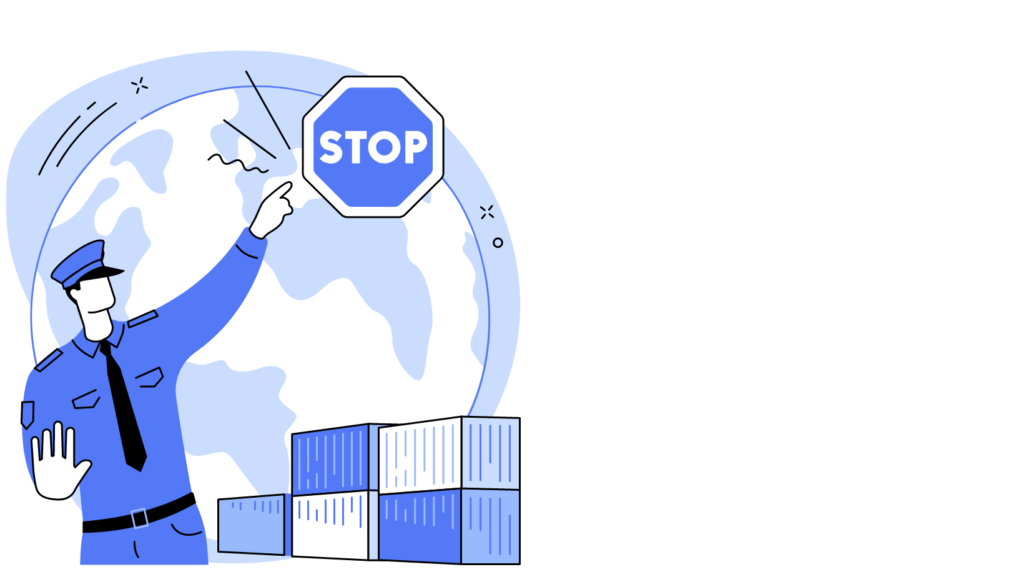Maintaining workplace discipline is essential to ensure a productive and professional work environment. Companies in the Philippines often orient their employees on company policies and procedures and schedule disciplinary actions to maintain discipline. However, this approach may not always be effective and can even lead to a toxic workplace culture. In this article, we will discuss the signs that indicate that your employee disciplinary actions are not working and explore the benefits of positive discipline.
 Signs that Employee Disciplinary Actions are not Working
Signs that Employee Disciplinary Actions are not Working
One of the signs that employee disciplinary actions are not working is the persistence of workplace problems despite consistent disciplinary action. An ineffective employee discipline can lead to low morale, decreased productivity, and high turnover rates.
Another sign is the reluctance of employees to report violations or concerns to their managers. This could be due to a lack of trust in the disciplinary process or fear of retaliation. Sometimes, employees see violations but don’t report them because they don’t see the value of compliance.
 Positive Discipline
Positive Discipline
Positive Discipline is an approach that focuses on encouraging employees to follow workplace policies and procedures by working on helping employees appreciate the value of discipline and the rules that are in place. It’s also about rewarding positive behaviors instead of punishing negative behaviors. This approach promotes a positive work environment and strengthens the relationship between employees and management.
Positive discipline can improve employee morale, reduce turnover, and increase productivity. Positive discipline can be implemented by offering incentives for positive behavior, providing regular feedback, and recognizing outstanding performance.
 The Role of HR and Managers
The Role of HR and Managers
HR and managers play a crucial role in maintaining workplace discipline. HR can provide support and guidance to managers on implementing effective disciplinary actions and can also help to create a positive work environment through initiatives such as employee engagement programs and training sessions. For this to work, HR needs to start to challenge conventional practices on policies and employee discipline.
Managers are responsible for enforcing workplace policies and procedures and creating a culture of respect and professionalism. Managers should be trained on how to implement positive discipline and handle disciplinary actions fairly and consistently and should strive to create an open and transparent environment where employees feel comfortable reporting violations or concerns.
The success indicator of workplace discipline is not your ability to give disciplinary action memos for every violation, but the reduction of violations and the employees’ positive attitude about rules. Positive discipline, combined with effective leadership and management, is key to maintaining a productive and professional work environment. Companies should focus on implementing a positive disciplinary approach and providing support to managers and employees to create a culture of respect, professionalism, and trust.








